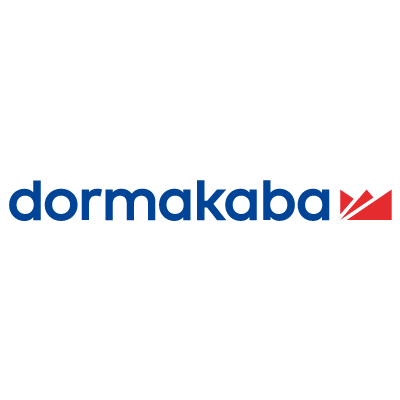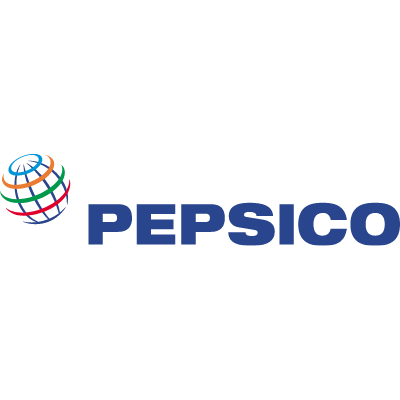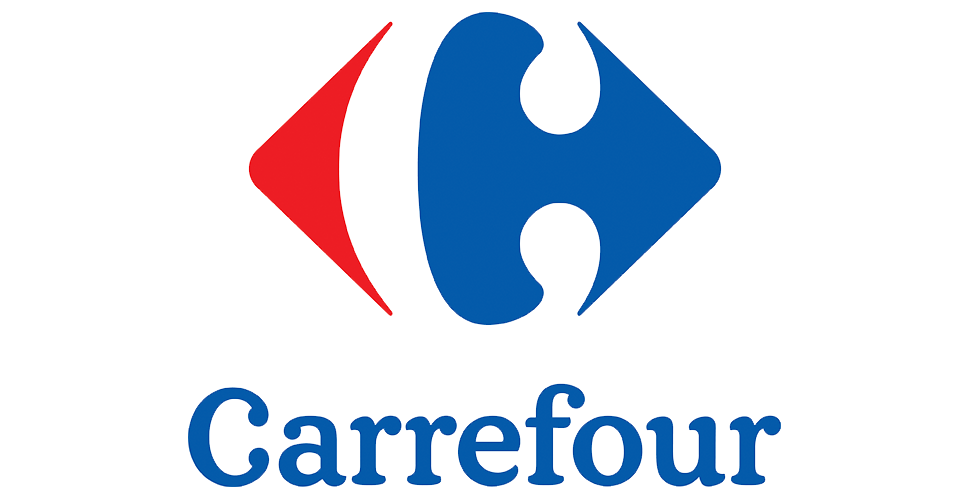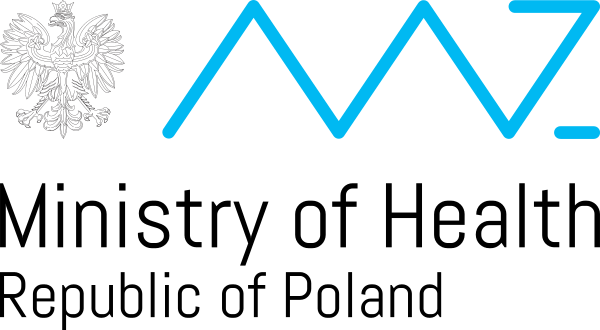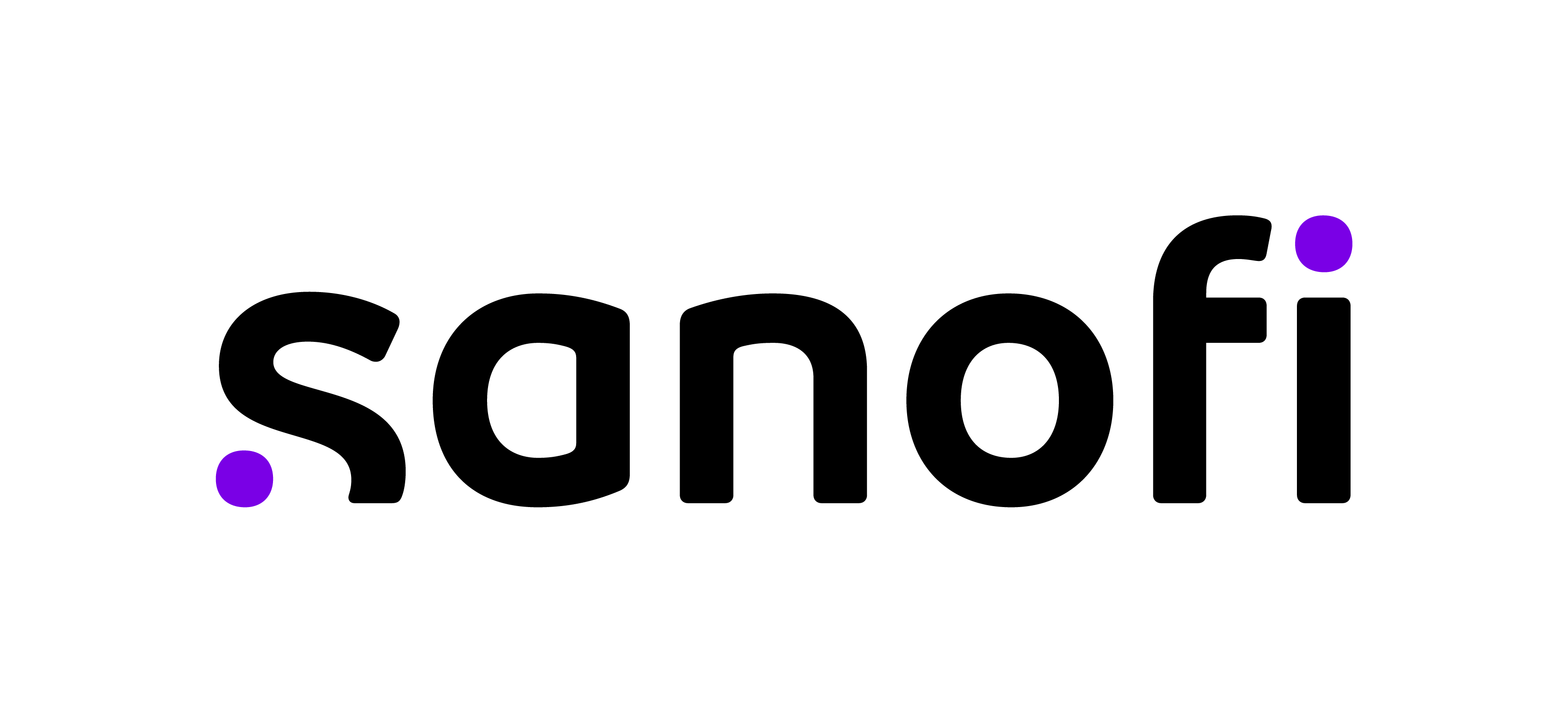There are plenty of choices available for a company in need of a software solution. Regardless of which business model of cooperation you choose, you can find a service provider with some or other offer. There are, however, reasons to be picky and in this blog post, we highlight two of the available options: Outsourcing 1.0 and Outsourcing 2.0.
Outsourcing 1.0
A business with a project involving tasks outside its core competencies used to have a simple approach available for this issue: temporarily augment their staff with someone who—they hoped—had the necessary skills. We call this Outsourcing 1.0, a well-established practice which did have its advantages—flexibility, scalability, speed, and low cost compared to hiring a permanent staff member.
Simply augmenting your staff can work well under certain conditions. If you have well-established design practices and procedures, your own staff are able to organize and manage the tasks, and they can source and organize the tools, equipment, and space the project needs, then a more complex option is probably unnecessary.
So, why not use version 1.0?
It may be tempting to see a simple staff augmentation as the most cost-effective way to proceed, however, you could be caught out by some of the potential hidden costs; there are costs associated with onboarding and unforeseen absences, for example.
Plus, how can you ensure that a temporary employee will be a good fit for the rest of your team? Your additional staff member might be working remotely, making it harder to help them feel like an important part of your team, and they may not have the soft skills your team needs. If that one person—or even one of your own employees—underperforms or contracts a long-term illness, it could significantly delay your project. Consider also the Great Resignation, such that you may have already lost employees with the required skills.
Most importantly, each person may not, on their own, necessarily have the best of all the skills your project requires. If your project is complex, a jack-of-all-trades is likely not the best candidate for each of the steps and phases it entails. Complex projects require in-depth analysis at the very beginning, a stage where more than one mind, working together, should result in a more accurate understanding and, therefore, a more complete overview of the tasks it entails.
All of this makes the apparent upfront cost savings quite sketchy, indeed.
Outsourcing 2.0: It is a Science
Not so long ago, “Outsourcing 2.0” finally arrived. This is a more complex process that involves developing a long-term relationship with an experienced software house. Such a relationship brings you quick and effective access to a wide range of skills and expertise without the expense of advertising and searching through resumes. Any of the leading providers will have experience with the methodologies and tools for whatever your project needs as well as the methodology for analyzing those projects.
They should be able to help you correctly identify your project’s requirements in its early stages. An experienced partner will leverage its available staff of systems analysts, requirements analysts, process analysts, and data analysts, whatever the project may call for.
Additionally, it is considered good practice to add a UX researcher to the team at the very beginning of the project. The combination of business analysis and UX design skills allows you to create more effective solutions for business problems.
Quality analysis helps optimize the team
All of the analysis required may mean that you, the client, will be answering a lot of questions. This is all part of effectively working together with the outsourcing company as you think through the initial stages of the project setup.
They will consider the following:
- how many team members are needed
- which side of the partnership each team member will come from
- what seniority level would be useful for each member to have, and
- who has which of the hard and soft skills required.
A high-quality software house also has systems in place for upskilling its team members.
The particular industry skills
Finally, if your project is being implemented in a particular industry, your partner must have experience with that industry. Specifically, are you (or your ultimate client) involved in a pharmaceuticals, healthcare, manufacturing, or financial services business? These are fields that are regulated by strict requirements.
Examples of this are GMP (Good Manufacturing Practices) or GAMP (Good Automated Manufacturing Practices), both of which must be followed by production facilities to ensure that their final products meet legal business standards. Data security is a must in every field, but in pharmaceuticals, and especially in healthcare, there can be no excuse for sloppy practices. Of course, confidentiality is also key in finance as well as data integrity and reporting obligations.
A good software house should be able to hire someone who has the necessary experience, rather than somebody entering a new situation cold, hoping to learn as they go along.
It is not only about skills
Skills can only get you so far without the right tools. Your potential partner should be able to determine which ones are required as well as the proper architecture to build first. This will help determine what tasks need to be done at the beginning.
Unfortunately, the staff chosen can also present risks. To mitigate them as far as possible, there should be an onboarding process and a plan for creating a unified working environment (even if it is only virtual due to remote work). Plus, as already mentioned, there should be consistent monitoring of progress, not just as regards the final product but also employee performance and the quality of the working relationships.
Of course, there are events beyond the control of any good plan. Your talent provider should, therefore, have contingency plans in place as well as the main plan. These should cover, among other things, the possible resignation of a team member, or their sudden long-term absence.
Your partner-to-be should also be ready to provide the right legal framework for your partnership in order to ensure a successful outsourcing relationship. A framework agreement should be signed for greater flexibility and business agility. It will clearly define the processes for responding to client requests, dealing with unexpected scenarios, and accepting and paying for the work done.
In short, the software house is your project competencies hub.
Added value
Outsourcing 2.0 provides businesses with the opportunity to keep their operations cost-effective and efficient while at the same time providing access to new technologies and skills. The development team has immediate access to high-quality hardware and software at no extra cost, in particular, specialized tools that the client might not otherwise have a use for. The outsourcing partner also has the necessary experience with such tools and can share that experience with the client’s team members.
Furthermore, the global nature of the internet means that Europe’s data privacy regulations (GDPR) are a concern for almost every business with any kind of online presence. This complex set of regulations can be difficult to navigate for teams that are not familiar with the EU’s legal system.
Similarly, your data is at risk of breaches originating anywhere in the world, so a professional outsourcing partner is a must to help ensure that sensitive data remains safe and secure. This is an important part of the core competencies through which such companies provide high-quality services.
And for all that, outsourcing 2.0 offers a level of scalability that keeping it in-house simply cannot match.
Outsourcing 1.0 vs. 2.0: What you have vs. what you need
Outsourcing 1.0 is the traditional way of hiring external specialists to complete tasks that are outside the scope of a company’s core competencies.
Outsourcing 2.0 is a newer approach that offers a better relationship between the software house and the client business as well as providing access to a competency hub of experienced developers with specific skill sets. A reliable software development team can lead to the project’s success more quickly and efficiently, boosting customer satisfaction and allowing you to maximize your ROI.






